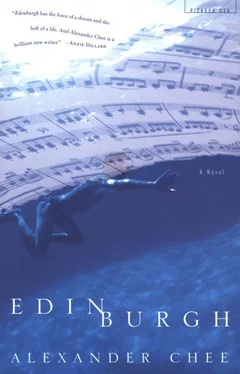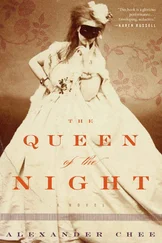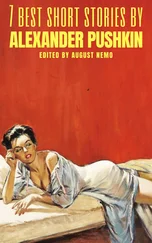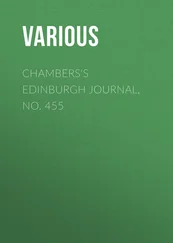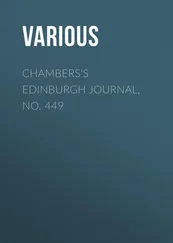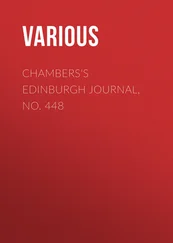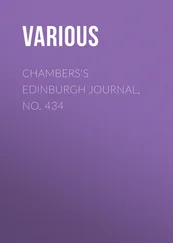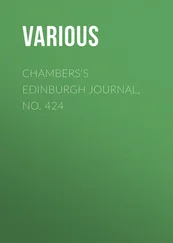I wasn’t ever happy with the arrangements the court made, please know that. And also, know that your mother loves you. She and I aren’t in touch anymore, but shortly after her term ended, she wrote to me to say that her way of loving you would be to leave you to my parents. I know that sounds odd, but she really felt that it was a duty of love, to remove herself. And that’s your mom.
There’s more. It’s just a letter, I tell myself, as I get out of bed that morning, pull on a shirt and shorts, and head out to the pool. It’s not an omen.
Years later I would come to regard it as one of those moments where you learn to trust your first instinct. For instance, you always tell yourself something isn’t what you think it is because you are trying to scare yourself off what you know is true. For now though, I am headed across the summer lawns of the school, bright green for the visiting students and the summer kids. I applied for and got a summer term special program of independent study, for reading Sappho, and Fee had the idea that I should work at the pool as a lifeguard. And so that, and the letter from my father, is my summer. Sappho, swimming, Mr. Aphias Zhe, and a criminal pedophile’s correspondence. My father.
Phile, for love. Fil, for son. Pedophilial, pedofilial. Fil de pede. A rhyming voice crowds me as I go across the campus. I get to the pool, unlock the doors, and enter the fluorescent rooms and halls stinging from the chlorine. Trophies here by the entrance, pictures of young boys and girls huddled, pink and a little pinched, before the camera. It’s cold, the AC pump the only sound besides my flip-flops going pit, pit, pit. A whistle for the kids. Unlatch the locker room doors, turn on the radio, to top 40, flick the hair back with a bandanna. I slump into my chair.
Phil de pede. The love of children. What is it called, when a child loves a man? Notice how the word goes one way. I won’t be a child much longer. Paper father, paper son. What I want doesn’t have a word. But made of paper, I can be written on. I can find, make, write this word.
The first of today’s swim guests are a faculty family, Mr. and Mrs. White, the algebra and algorithm husband-wife team with two tiny blond seven-year-old boys, twins, who bob in the pool, squeaking. Mrs. White is really nice and seems just now to be catching up on sleep lost raising the twins, while Mr. White seems unchanged, still almost a teenager. The twins take after him with his blond hair and his peaked nose. Mrs. White is a striking woman with pale skin and dark blue eyes, which the children have also, the one place her colors touched them. Mr. White, as he smiles at me while the boys giggle at apparently nothing, shows eyes so pale I am reminded of the sea salt my grandmother cooks with. She uses it to crust mackerel.
How’s Sappho treating you, Mrs. White asks. She rises out of the pool on strong arms, pulling herself out in one yank, twisting to sit near my feet. She wrings her hair and the water falls out of it in a slap.
Sappho’s great, I say. There’s nothing like an old Greek Lesbian.
Mrs. White furrows her brow at this. I mean, I say, resident of the isle of Lesbos.
Her sexuality is the subject of some controversy, Mrs. White says with a faraway look.
Is it? I ask.
Thoreau says so, Mrs. White says, meaning the Mrs. They are old friends, refer to each other from their days back at Chapin, in New York, by last name. White, Thoreau. As if taunting each other for taking the name of the husband.
Seems pretty clear, reading her, I say.
Whose translations are you reading? She turns to look at her husband, rising from the water, a twin under each arm, as if he found them there.
Guy Davenport, I say.
None better, White says. A friend of mine studied with him down in Kentucky. He would hand out his translations of Herodotus as he finished them. “There isn’t one sufficient,” he’d said, at the beginning of the class, “and so I’ll be giving these to you as they’re done.” Isn’t that amazing? A genius that knows itself.
We look at each other and I say, Imagine. The luck.
If you’re wrong, it’s sad. More than sad. Tragedy. Her dark hair now almost like wet wood, a dark branch on her pale neck. Give me those babies, she commands her approaching husband, and as they come out of the water toward her, she seems like a nymph, in command, these pale babies fathered on her by the pool.
Sappho isn’t really meant to be read. It’s meant to be sung and there were dances for the songs, also. Sappho was a performance artist, and now she exists as a textual project. She was saved by her critics, and by people who wrote of her in letters to each other. As the morning sun lathers the pool through the long windows and stripes the opposite walls in gold, I look at the fragment translations. She’s paper, too. A paper poet for a paper boy. People claim to be translating her but they don’t, really, they use her to write poems from as they fill in the gaps in the fragments. A duet. She may have meant for these to be solos but they’re duets now, though the second singer blends with the first. The first singer in this case is offstage, like in the old days of stars who couldn’t sing, a real singer hidden behind a curtain, which is the velvet drape of history.
I’m not really paying attention then when the door slides open and someone I barely recognize comes in the door. At first I want to say hello, and then I realize, it’s Bridey, and he doesn’t know who I am. Doesn’t recognize me from the day we met on the hill. I think of the day we met, me pretending to be a butterfly catcher. The ancient Greeks thought of the butterfly as an image for the soul. I looked at my collection differently alter reading that. Tiny souls pinned tight to velvet. Drying ever so slowly.
His attention flickers on me and then off. He signs the sheet and goes into the locker room. I expect him to recognize me but of course he doesn’t. He walks with the gait of a dancer, a walk that looks simple but is a coordination of a hundred muscles that know and like each other pretty well. He’s a beautiful man, and it feels odd to think it, but this is who I am now.
I get up and set my book in my chair. Mrs. White, I say. I’m just in the bathroom, if someone comes in. She nods her dark head, the hair heavy.
Sure, she says.
Each beat of my heart seems to echo off the tiles. At first I think I imagined his entry because the locker room seems empty, it’s so quiet. What I tell myself is that I’m going to reintroduce myself to him. And then as I turn the corner for the bathroom, Bridey appears in front of me, his long hair in his face, tipped forward, like a flower after the sun has set. His eyes search through his bangs and he smiles. Hi, he says. He’s naked. There’s a flicker across my vision, as if someone has shut the light on and off quickly, correcting an accident.
Hi, I say. He’s just being friendly; he doesn’t remember me. And then I remember, with the bandanna on my head, I look pretty different. He heads back toward the locker rows, and I head in to the urinal, where I stand for a moment. Nothing comes out of me. I hike my bathing suit back up and flush, trying to act casual. Back at my seat, Mrs. White smiles as I sit down.
Everything okay, she says.
Yep, I say.
Bridey is a strong and sure swimmer, he swims quietly, with force, breathes symmetrically, his freestyle like an Australian crawl, a lot of it on the surface. Fee swims like a bull, head down so far it seems to disappear, so that there’s a flat space between the sprays of his arms as he goes.
He’s a good swimmer, Mrs. White says. Her head like a pointer, she watches him travel back and forth across the pool. A charming man, she says. Too pretty, really. It’s wasted.
Читать дальше
